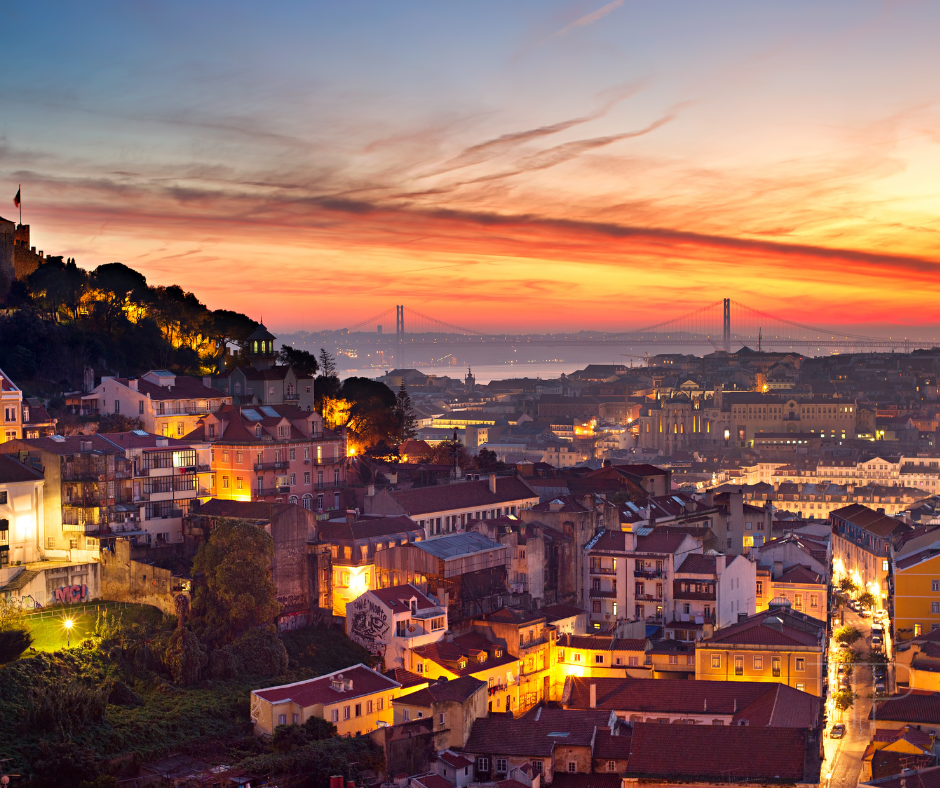We are a fantastic country, a people with a unique way of being, we are peaceful and hospitable, but we lack the collective ambition to make things happen and not lose our identity.
The article “Opinião” by Bruno Batista discusses the changes and challenges facing the city of Lisbon. Bruno Batista expresses his concern about the closure of iconic establishments such as “Bota Alta” and “Casa Chineza” and the impact of this on the cultural identity of the city. He emphasizes the need for collective ambition to preserve the unique Portuguese identity of Lisbon in the face of increasing globalization and commercialization, particularly in the tourism sector. Batista urges for strategic policies that go beyond preserving historical sites and emphasizes the importance of differentiation to attract tourists and sustain the economy. He warns about the risk of the city losing its character and identity and calls for attention and action from all stakeholders.
A few days ago we learned that the mythical “Bota Alta” and the century-old “Casa Chineza” have closed their doors. The memories and complicities that were born in that Bairro Alto space will remain for the future, as will the cobblestones that stubbornly inform us that it was “Casa Chineza” in Baixa. These are not isolated cases. They are just two recent examples of the many we find on the Baixa/Chiado axis in the heart of Lisbon.
I am saddened to see the closure of the great heritage that distinguishes us, the cultural expressions that gave life to our neighborhoods and identify us as a people. I know that we don’t attract tourists with pataniscas, bifanas and old ladies ironing clothes in the sun in a window in the heart of the capital. But I also know that without a strategy, without ambition, we are heading towards the de-characterization of Lisbon as a neighbourhood, increasingly populated by various ethnic groups, with brands that offer exactly the same thing in Chiado, Paseo de la Castellana, Champs Élysees or Oxford Street.
We are a fantastic country, a people with a unique way of being, we are calm and hospitable, but we lack the collective ambition to make it happen and not lose our identity. If we want to continue to attract tourists, to have tourism as one of our biggest sources of income – the sector was responsible for around 18% of all Portuguese exports in 2023 – we have to think outside the box and do things differently. Lisbon can’t be French, Spanish or English. Lisbon must continue to be Portuguese, breathing fado while lulling tourists in the blue of the Tagus. It has to offer patanisca, arroz de grelos, bitoque, foie gras, xpto truffles or caviar on the menu (in addition to the Portuguese language), without forgetting the friendliness and good wines “Made in Portugal”. Economies that depend so much on tourism are typically poor, so we have to differentiate ourselves.
Debating ideas is easy. I know that. Putting them into practice is a longer story and requires strategies, policies that have to go further. We’ve already realized that the “Shops with History” project isn’t enough to make things different, to bring the traditional and the modern together, to replicate the Jerónimos and the Belém Cultural Centre and fit them into the many Lisbon(s). How about bringing out collective ambition and adding some magic to the initial idea of the “Shops with History” project and working hard to get the historic Baixa Pombalina off the provisional UNESCO World Heritage list and onto the resident list, just like the Royal Building of Mafra – Palace, Basilica, Convent, Jardim do Cerco and Tapada?
It can’t go on like this. The de-characterization of the city of Lisbon, which every day becomes less ours and less itself, is becoming increasingly unacceptable and deserves the attention of all of us.

